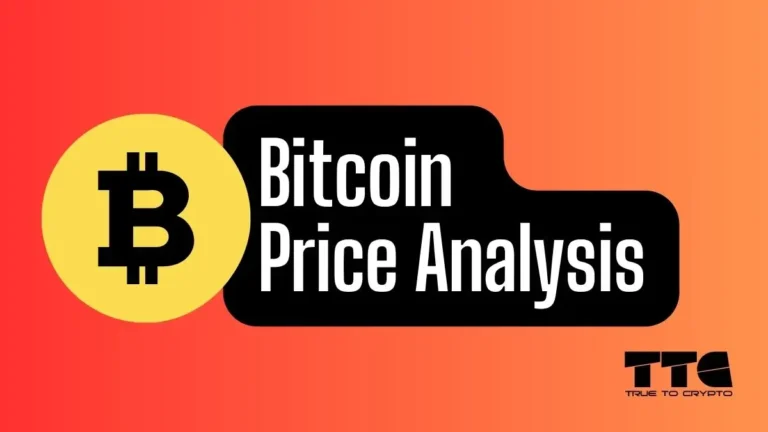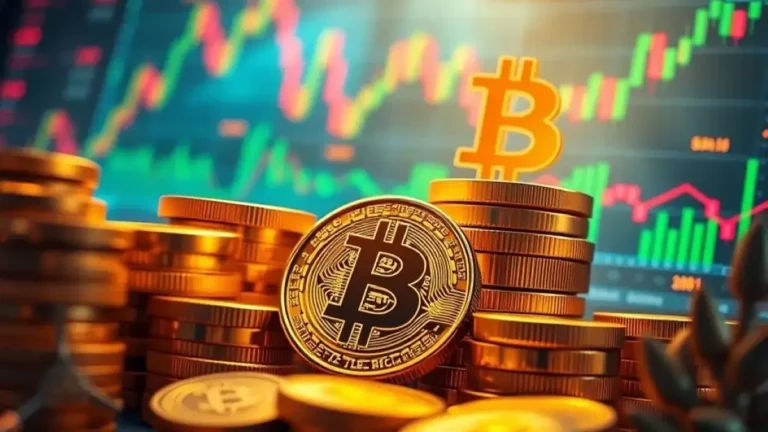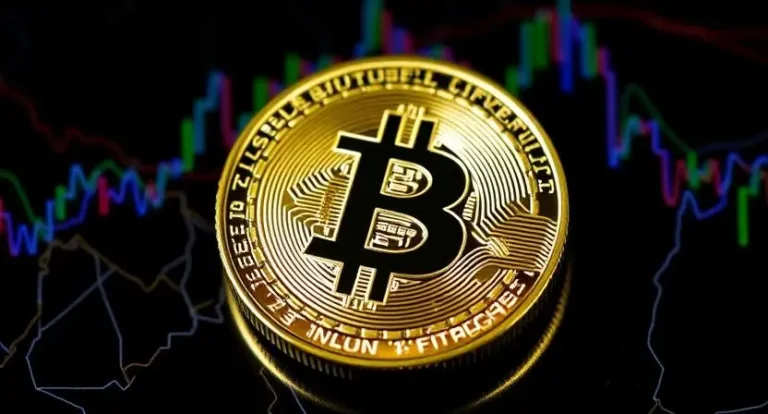Hong Kong’s ambition to lead Asia’s cryptocurrency market took a major step forward on April 15, 2025, as the Securities and Futures Commission (SFC) approved the region’s first Ethereum (ETH) staking exchange-traded fund (ETF), managed by Huaxia Fund (Hong Kong). This move builds on Hong Kong’s April 7 staking rules, allowing licensed platforms to offer yield-generating services. The ETF, which lets investors earn up to 4% annually by staking ETH, positions the city ahead of the U.S., where staking ETFs remain unapproved, sparking buzz about its impact on institutional adoption.
The Huaxia Ethereum ETF, launched in collaboration with HashKey Capital, allows up to 30% of its ETH holdings to be staked through SFC-licensed virtual asset trading platforms (VATPs) like HashKey and OSL. Staking involves locking ETH to secure the Ethereum blockchain, earning rewards while supporting network operations. The SFC’s new guidelines, part of its “ASPIRe” roadmap, mandate strict controls—funds must disclose staking risks, cap liquidity exposure, and ensure asset custody—to balance innovation with investor safety. Julia Leung, SFC CEO, reiterated at the Hong Kong Web3 Festival that “client asset protection is paramount,” signaling a regulated path for growth.
This approval builds on Hong Kong’s crypto momentum. In April 2024, it became the first Asian market to launch spot Bitcoin and ETH ETFs, attracting $350 million in assets despite lagging U.S. volumes. The SFC’s April 7, 2025, staking rules for VATPs and ETFs, reported by CoinDesk, have already boosted local platforms, with HashKey’s ETH staking services drawing institutional interest.
Why staking ETFs? Unlike spot ETFs, which track ETH’s price, staking ETFs generate passive income, making them attractive in a low-yield environment. Hong Kong’s 3-4% staking yield outshines traditional savings, drawing investors wary of direct crypto custody risks. The ETF’s in-kind model—allowing direct ETH exchanges for shares—enhances liquidity, a point OSL’s Patrick Pan emphasized in 2024. This contrasts with the U.S., where the SEC deems staking a security, blocking similar products despite filings from BlackRock and Fidelity. Hong Kong’s lead, as Vivien Wong of HashKey told DL News in July 2024, could pull global funds, especially from mainland China’s crypto-curious investors, barred since 2021.
The broader context fuels excitement. Trump’s April 12 tech tariff exemptions lifted crypto markets, with Solana ($144) and XRP ($2.42) up 5%. Ripple’s $50 million SEC talks and South Korea’s app bans show a regulatory patchwork, but Hong Kong’s clarity stands out. Its 2023 licensing regime has grown to 11 VATPs, and 16 million local crypto users—rivaling South Korea’s—signal demand. The SFC’s talks for Chainlink or Uniswap ETFs, noted by Wong in 2024, hint at more products, potentially amplifying DeFi adoption.
Still, bulls are vocal. Andrew Vranjes of Blockdaemon, speaking at Token2049 in 2024, predicted Hong Kong’s staking approval would outpace the U.S., a view echoed by the SFC’s proactive talks. If successful, the ETF could mirror 2024’s Bitcoin ETF inflows ($190 billion), drawing institutions to ETH’s $1.2 billion DeFi ecosystem. For now, Hong Kong’s staking ETF is a bold bet on crypto’s future—whether it sparks a regional boom or stumbles under global pressures is the $2 trillion question.
Disclaimer: The information provided on or accessed through TrueToCrypto.com (the “Website”) is for general informational purposes only and is obtained from independent sources that are believed to be reliable. However, TrueToCrypto.com, its owners, affiliates, officers, employees, and agents (collectively, “We,” “Us,” or “Our”) make no representations or warranties, express or implied, as to the accuracy, completeness, timeliness, reliability, or suitability of the information contained on or accessed through this Website. Further read Disclaimer.








